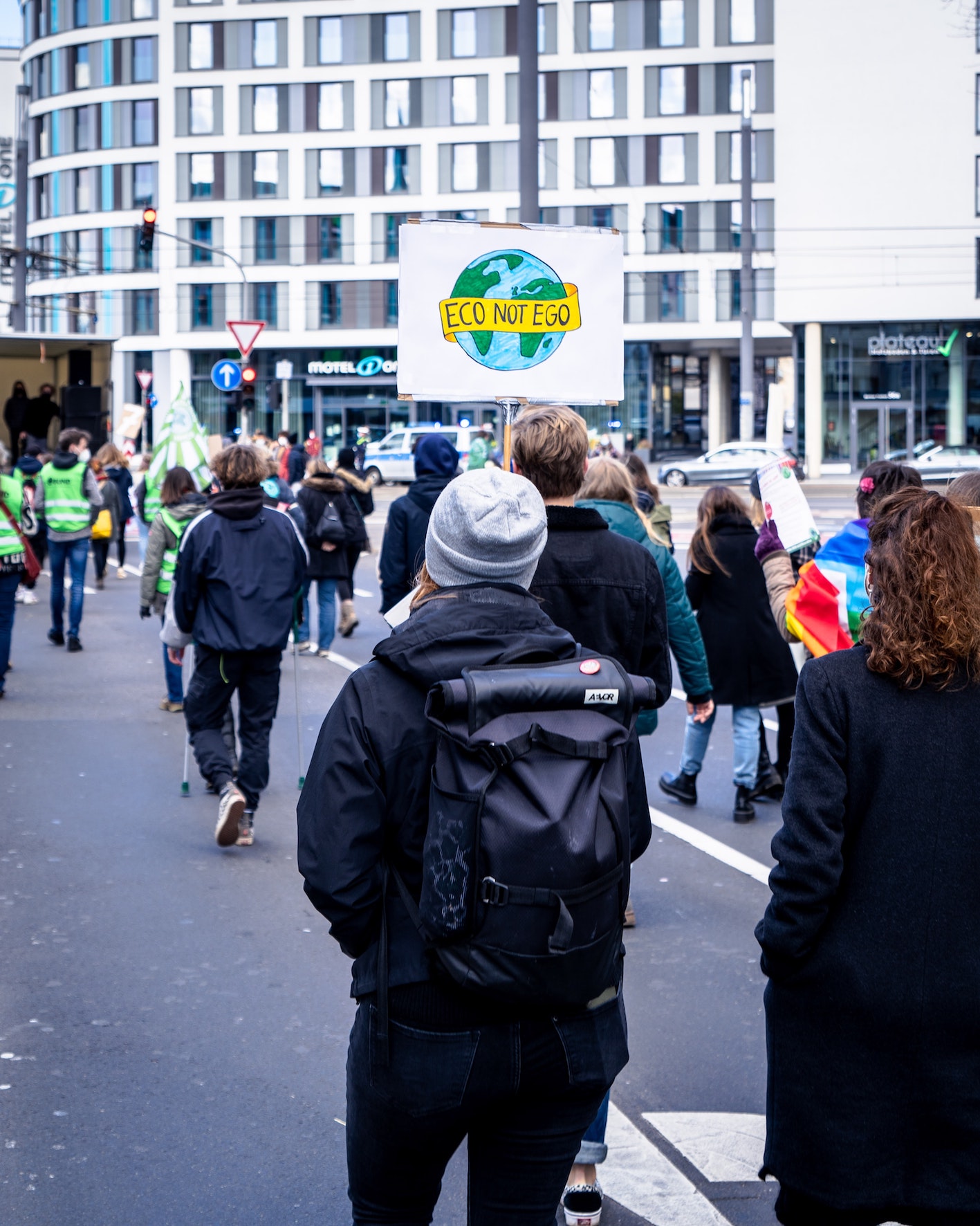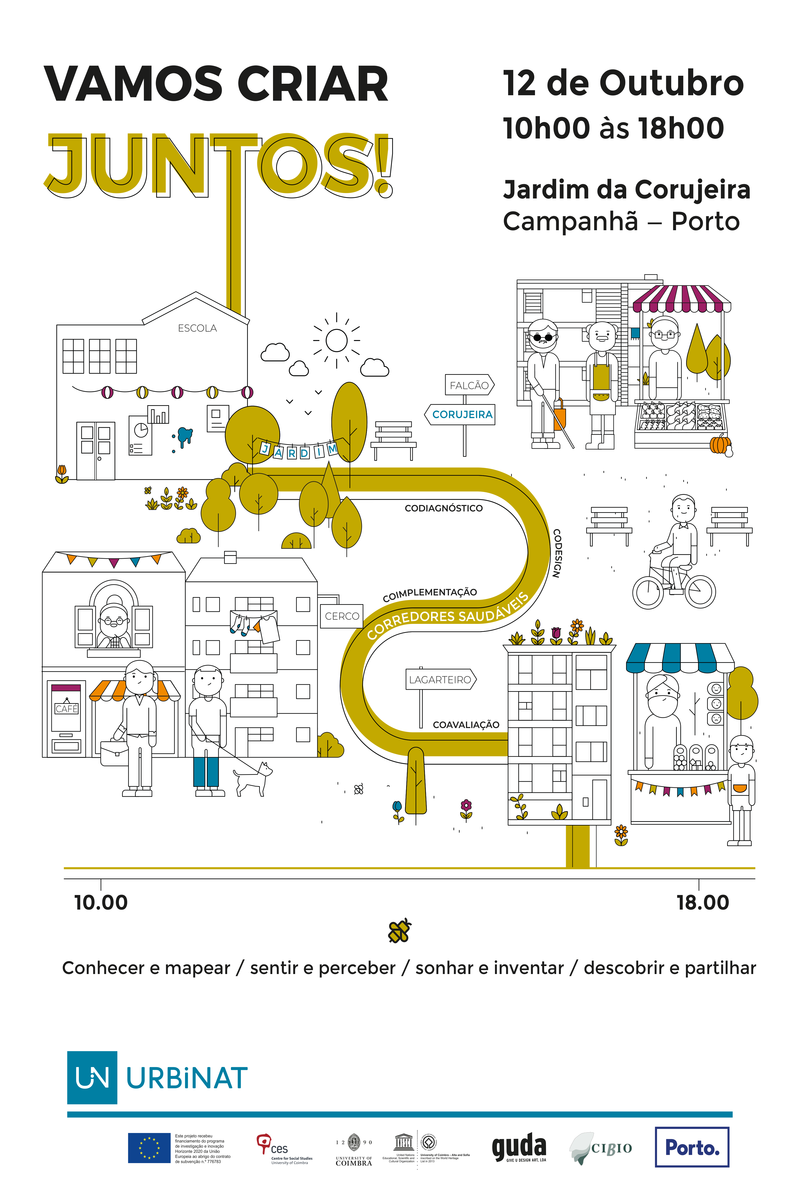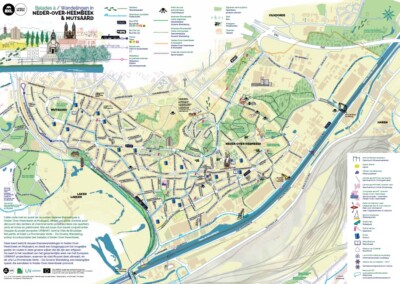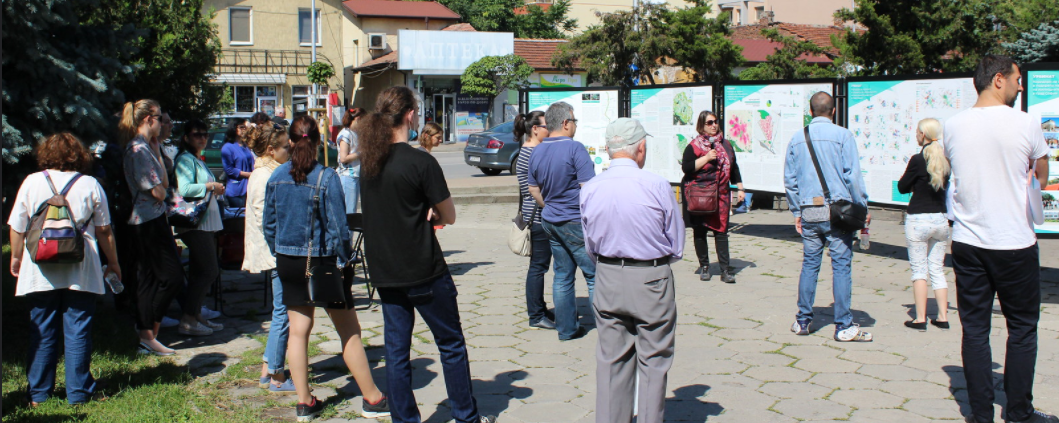Reflections on reaching Herd Immunity in a time of combined health & climate emergencies
[Copenhagen, August 2021] I was recently infected with corona virus. Prior to that I had received my two vaccine jabs. But during our recent summer holiday my wife and I caught the virus from our daughter. The fact that we had received our vaccines reduced the symptoms that we felt during our illness. As my wife and I slowly emerge from isolation this whole episode has made us reflect on the fourth wave of covid-19 currently sweeping across the world.
In many ways, our collective struggle against the pandemic is a reminder of the even more pressing challenge we need to agree on SOON to address climate change, and rising temperatures around the world.
In both cases we need a local, regional, national and global endeavour to get the problem under control while there is still time. In terms of the covid-19 crisis, the solution is to ensure vaccination for everyone, everywhere. Here, according to WHO and scientists, the dual challenge consists in figuring out how to to distribute vaccines across developed and developing countries while, at the same time, overcoming the wall of vaccine resistance among some liberal groups in individual countries. As long as we do not achieve sufficient herd immunity we will not get the virus under control and we risk facing further variants of covid-19 with the need for new or improved vaccines to be developed.
In terms of the climate challenge, according to scientists, we need urgently to reduce CO2 emissions and this again requires coordinated ACTION from governments, scientists, businesses and citizens.
The pandemic puts countries and global regions in states of emergency. Many would argue that the climate challenge also requires us to declare a state of emergency.
Emergency powers are required to protect and defend us from the repercussions of the pandemic and rising global temperatures.
The Italian philosopher Roberto Esposito wrote the significant book “Immunitas” about immunity. The book is also about the cleverness and memory of language. “Immune” and “Commune” both stem from “Munus”. This Latin word means “gift”, “in return/exchange” and “mutual respect”. It may not seem obvious, but these meanings are intrinsically connected: as members of a community, we owe each other respect. A minor evil, one’s own vaccination or action to reduce CO2 emissions, helps neutralize a bigger evil, another person’s death. This care taking and empathy for others is the only thing that will safeguard political and human freedom.
Esposito goes a step further in his linguistic analysis also based on Danish scientist Niels Kaj Jerne who showed based on the Socratic dialogue “Menon” that immunity is inherently from within and is not given from the outside. So it is from the beginning humane. In ancient Greek language we have the word “ethos” which means “habit”, “friend” and indeed “citizen”. We know it from the word “ethic”. In other words, we are connected in our inherent and intrinsic search for immunity.
This is in many ways what we are trying to demonstrate in URBiNAT. Our cities and neighbourhoods are connected and obliged through “ethos” which is why we long for and seek “munus” to address our common socio-economic and environmental problems. The challenge we seek to overcome through innovation is that of co-launching new ideas quickly with citizens through local champions to motivate, engage and convince the majority of people in our communities for actual solutions to take effect. With covid-19 impacting our project, our cities have had two large challenges to fight requiring the same ethos and munus. My question is: What can we do to accelerate the common understanding in the community and mobilise the common action to mobilise journeys toward herd immunity?
For more articles by URBiNAT partners on the impact and broader implications of Covid-19, click HERE
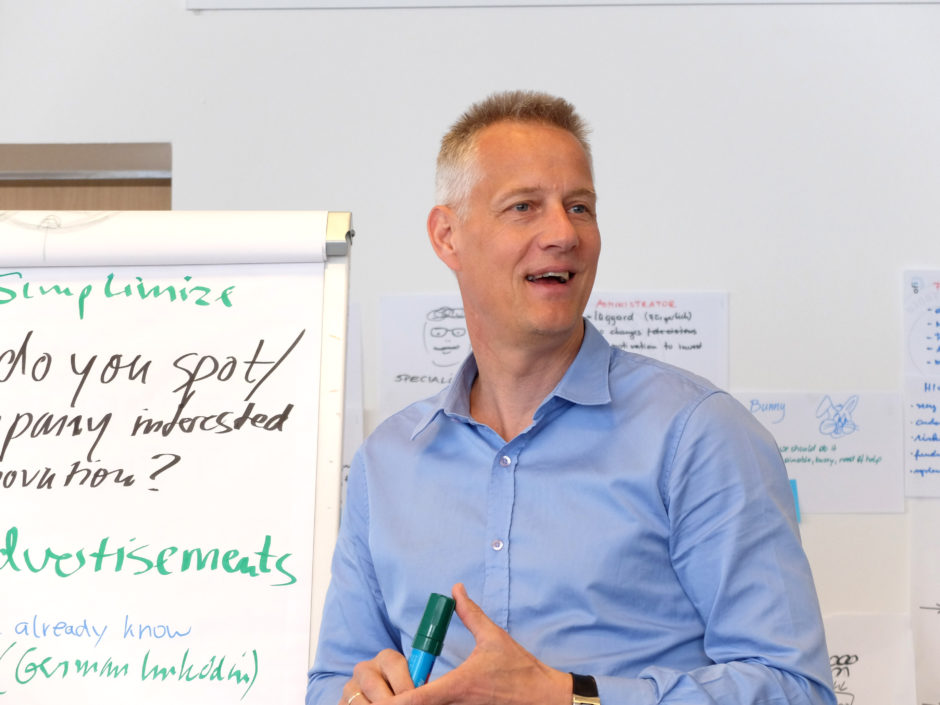
Knud-Eric Hilding Hamann, WP Leader for Citizen Engagement in Support of NBS
Knud-Eric Hilding Hamann is Senior Specialist at the Centre for Ideas and Innovation at the Danish Technological Institute and URBiNAT Work Package Leader for Citizen Engagement in Support of NBS


